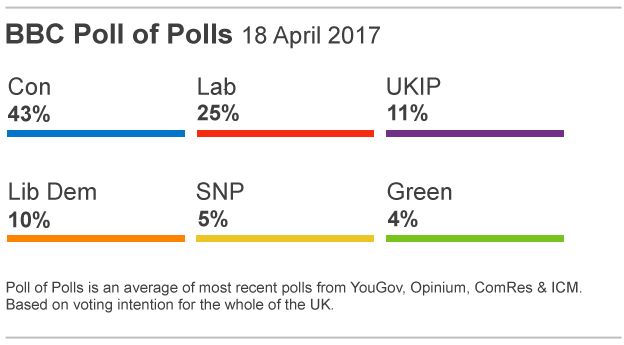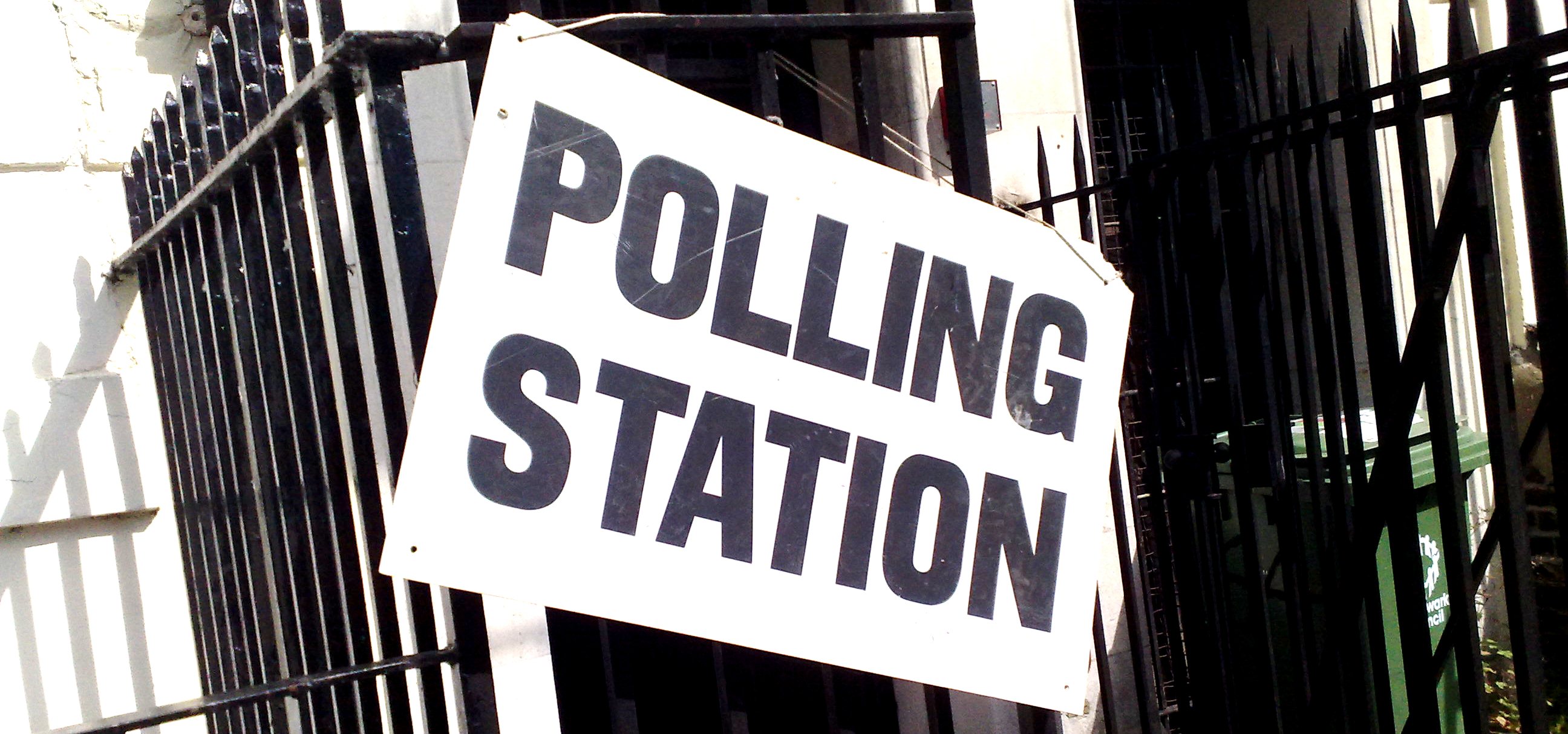The snap election: what you need to know
Prime minister Theresa May has called for a snap election this 8 June, despite repeated promises that there would not be an early election before 2020, to ensure stability.
In a short statement outside Number 10, the prime minister confirmed that a vote on whether to hold the early ballot will take place tomorrow, in accordance with the 2011 Fixed-term Parliaments Acts which prevents heads of state from calling general elections.
The acts require a two-thirds majority in the House of Commons to confirm the snap election. However, with the decision already supported by Labour leader Jeremy Corbyn, the motion is expected to pass comfortably.
Parliament will then be dissolved on 3 May as the official campaigning begins.
Ms May explained the U-turn citing a lack of unity at Westminster concerning the upcoming Brexit negotiations on the part of Labour, the Liberal Democrats, the Scottish National Party and the House of Lords.
“If we do not hold a general election now their political game-playing will continue, and the negotiations with the European Union will reach their most difficult stage in the run-up to the next scheduled election.”
“Since I became Prime Minister I have said that there should be no election until 2020, but now I have concluded that the only way to guarantee certainty and stability for the years ahead is to hold this election and seek your support for the decisions I must take.”
While the general election will ostensibly renew the current administration’s mandate in the advent of negotiations with the European Union’s remaining 27 countries, some media outlets have speculated ulterior motivations.
Today’s BBC Poll of Polls put the Conservatives between 11 and 21 points ahead of Labour, the largest gap in the past nine years. A surprise election could solidify this electoral lead before the destabilising effects of Brexit begin to be felt.
Furthermore, a Guardian analysis noted that the Crown Prosecution Service is due to make a decision on whether to charge Conservative MPs involved in the 2015 General Election fraud scandal in the days before 8 June. A new election would, however, obsolete the need for potentially damaging by-elections.

Mr Corbyn welcomed this morning’s announcement, stating it will “give the British people the chance to vote for a government that will put the interests of the majority first.”
He added that this would involve challenging the ongoing issues in housing, education funding and the NHS, as well as pushing for an “economy that works for all”.
Meanwhile, Lib Dem leader Tim Farron reaffirmed his party’s stance on Europe, tweeting: “This is your chance to change the direction of your country. If you want to avoid a disastrous hard Brexit. If you want to keep Britain in the single market. If you want a Britain that is open, tolerant and united, this is your chance.”
Scottish First Minister Nicola Sturgeon accused the government of using the snap election to “move the UK to the right, force through a hard Brexit and impose deeper cuts”.
“She is clearly betting that the Tories can win a bigger majority in England given the utter disarray in the Labour Party.”
“In terms of Scotland, this move is a huge political miscalculation by the Prime Minister.”
“It will once again give people the opportunity to reject the Tories’ narrow, divisive agenda, as well as reinforcing the democratic mandate which already exists for giving the people of Scotland a choice on their future.”
Former Prime Minister David Cameron has praised Ms May’s decision and affirmed his support “to all Conservative candidates.”
European Council President Donald Tusk has confirmed that the EU expects Brexit plans to continue as scheduled to allow the remaining 27 countries to begin negotiations.
While sources from Number 10 have said that the prime minister will not be taking part in televised leader debates, as during the last two races, the opposition has condemned this as “dodging” head-to-head discussions and urged broadcasters to perform empty-chair debates.
Reaction on Campus: The Parties
Meanwhile at Warwick, the reaction to the announcement from the University’s political societies were mainly positive.
The Conservative Association commented: “We wholeheartedly support the move, are greatly looking forward to campaigning and to playing as large a role as possible in order to ensure the country can be united as we go into the Brexit negotiations.”
Warwick Labour added: “If it passes through the Commons we will be on campus and on the doorstep fighting for a Labour victory in 2017.”
“A Tory government and the hard Brexit that follows is far against what students voted for and need. Only a Labour government can deliver responsible Brexit negotiations which benefit students and working people.”
Warwick Greens also stated: “We want to live in a fairer Britain with an economy that works for everybody without ruining the environment, and that is far from reality with the current Tory majority.
“We therefore welcome the opportunity of an early General Election to bring about the radical change that Britain needs.”
Alexandra Bevis of Warwick Conservative Association also stated: “For students – from whatever political persuasion – there has never been a greater opportunity to get stuck into political campaigning. With so many marginals in the West Midlands, we all have a fantastic chance to go out and make a difference.”
Warwick University Liberal Democrats have also been contacted for comment.
Warwick University: The Local Situation
The University sits in the constituency of Coventry South, which is currently held by Labour MP Jim Cunningham. Cunningham won with 42.3% of the vote in 2015, a 0.5% gain on 2010 and 7.3% more than Conservative Gary Ridley who came second.
In Warwick & Leamington, the incumbent MP is Conservative Chris White where Labour were beaten by 6,606 votes last time around.
In Kenilworth & Southam, Conservative MP Jeremy Wright will hope to maintain the healthy majority of 21,002 votes enjoyed by the party in the last election.
The Liberal Democrats will be hoping for an improved result this time around having seen their share of the vote fall in 2015 by 14% in Coventry South, 13.3% in Warwick % Leamington and 17.^% in Kenilworth & Southam.
While voter registration has already closed for the May 4 elections, the cut-off date for June 8 has yet to be announced.

Comments